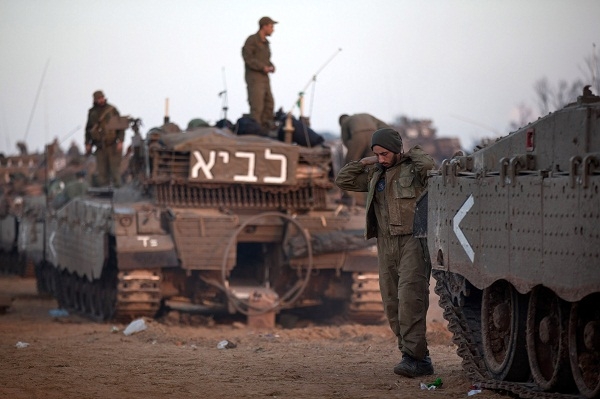A ceasefire is expected in Gaza later this evening, but is yet to materialise. Unsurprisingly, agreement has been hard to reach. Indeed, it has become a tool of propaganda. Hamas was busily briefing the world’s media that the ceasefire had been agreed even as rockets struck Rishon LeZion in southern Israel at 16.22 (GMT), causing two light casualties. Israel, for its part, was clear that there would be no ceasfire while it was still under attack.
It was hoped that the message had got through: the BBC reported that the guns, so to speak, fell silent shortly after 16.40 for more than half an hour. However, it was the triumph of hope over expectation. A little while ago, Paul Danahar, the BBC Middle East bureau chief, reported from Gaza City that Israel launched an air strike soon after militants in Gaza fired a rocket at Israel. The hours leading to a ceasefire, assuming these are such hours, are often active militarily, so this needn’t be the death knell for the prospects of a truce.
Any truce, obviously, is going to be uneasy, especially given the doubts over Hamas’s ability to control the operations of other militant groups on the Strip. The fog of war contributes something to this. It is not wholly clear, for instance, whether Hamas was responsible for or simply failed to contain the grotesque acts that saw a man, accused of spying for Israel, be lynched and then dragged through the streets. 5 other ‘collaborators’ were executed by a group that the BBC describes as ‘linked to Hamas’, which is not quite the same thing as saying Hamas did it. The worry is that Hamas would be unable to enforce a ceasefire.
Foreign policy experts tell me that Israel’s retaliation would be swift and heavy should any Gazan provoke them. This recalls Israel’s age-old problem in Gaza: to ‘win’ tactically but lose strategically when the world condemns the price of its victory. Earlier this afternoon, the IDF dropped leaflets among towns along the Gazan border, advising residents to evacuate to specific areas Gaza City. The IDF’s Twitter feed implied that these flyers were intended to limit civilian casualties; but broadcasters have suggested that the IDF was preparing the ground for the much threatened land operation or at least an incursion. Hamas, for its part, wants to keep the civilians where they are to discourage Israel, and has told them to ignore the Israeli ‘propaganda’. It seems that, judging by broadcast reports and social media, many Palestinians have obeyed their government. Let us hope, both for innocents on the ground and for Israel’s long-term strategic cause, that the IDF is not given cause to enter Gaza.






Comments